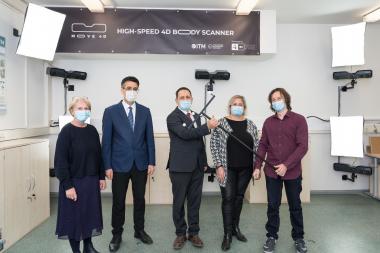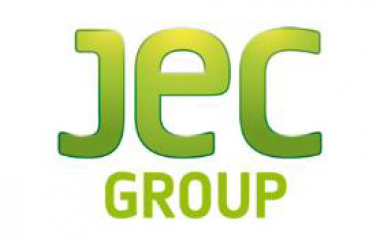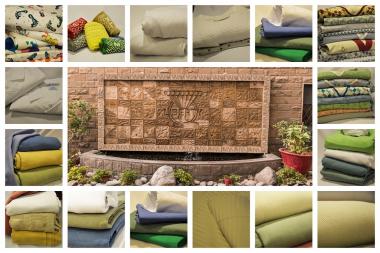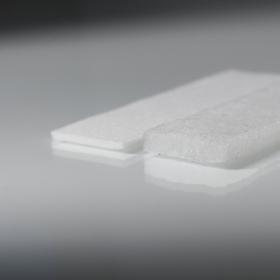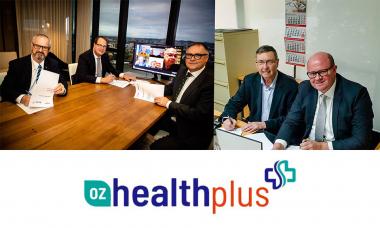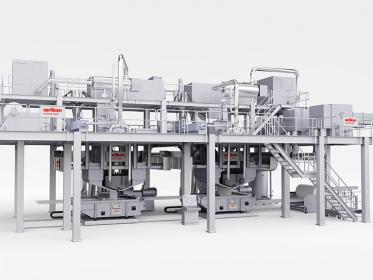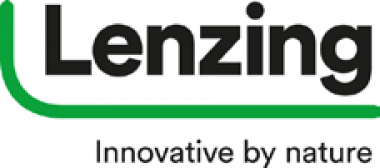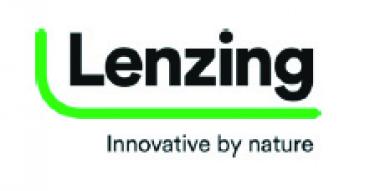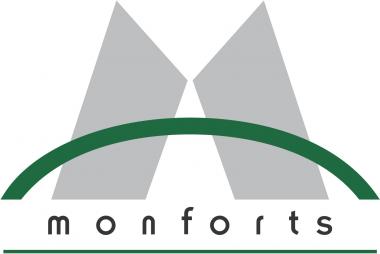High-Speed 4D Scanner now available at the ITM of TU Dresden
A Move4D scanner is the latest addition to the state-of-the-art CAE infrastructure at the Chair of Assembly Technology for Textile Products at the ITM – this comes as an early Christmas surprise that has been eagerly awaited by the researchers. The high-speed 4D scanner was developed at the IBV - Instituto de Biomecánica, Spain, and will be a valuable tool for future research projects involving interactions of humans and their clothing. Professor Yordan Kyosev, Head of the Chair of Assembly Technology for Textile Products, is just as excited as his team of researchers about the arrival of the new Move4D scanner. “By means of this scanner, we will be able to strengthen and extend our leading global position in digitalization and virtual product development for tight clothing in high-tech applications,” says Professor Kyosev who is looking forward to new co-operations in this promising field of research.
This high-speed scanner is able to capture an entire body with 180 Hz and a precision of < 1mm, thus guaranteeing the precise analysis of interactions between body and textile as well as deformation during motion. The Move4D can record and analyze dynamic processes at a very high speed. Hence, this device will enable researchers to make significant contributions towards enhanced functional (e.g. for the sports and medical sector) and protective clothing.
Together with three already available 3D scanners, this high-speed 4D scanner represents Dresden´s new „3D&4D Scan Lab“ at the Chair of Assembly Technology for Textile Products for the static and dynamic recording of small and medium-sized objects. Professor Kyosev and his team of 17 researchers are among the world´s leading R&D experts for clothing and technical products who will continue to expand their expertise in the field of material modelling for textile materials.
© ITM/TU Dresden


